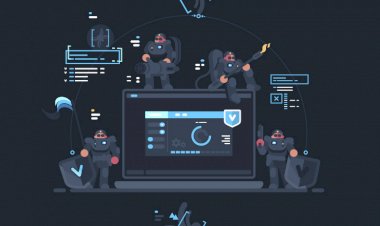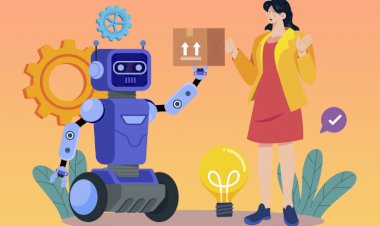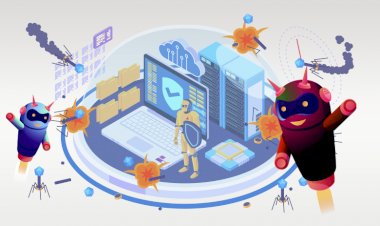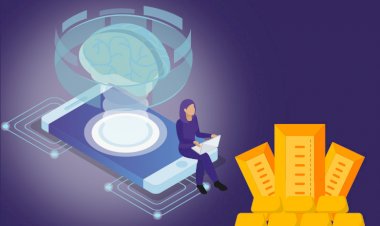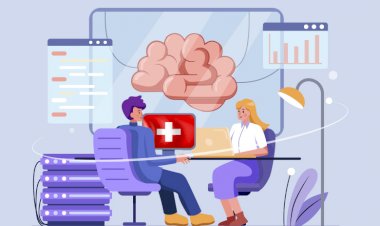The Impact of Artificial Intelligence on Music and the Arts
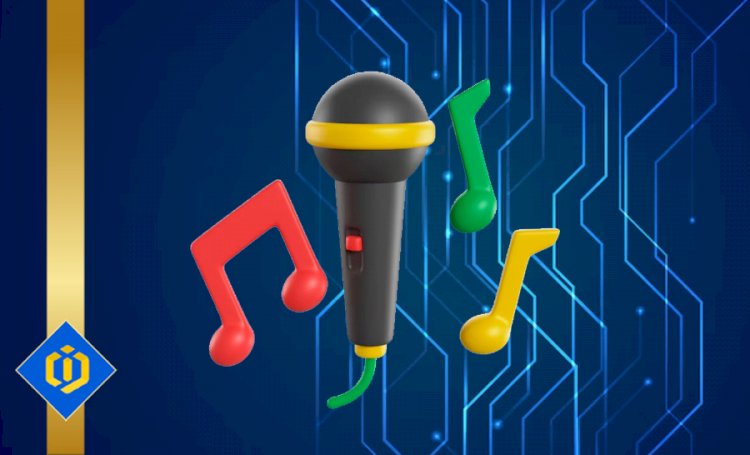
The application of artificial intelligence (AI) in the arts and music is expanding the horizons of what is conceivable and inspiring new forms of expression for musicians and artists. We'll look at how AI affects creativity in this article, as well as what that means for the future of music and art.
Creating Fresh Thoughts and Inspirations.
AI generates fresh ideas and inspirations for musicians and artists, which is one of the main ways it fosters creativity. Huge amounts of data can be analyzed by machine learning algorithms, which can then spot patterns and trends that people might miss.
AI-driven systems, for instance, can analyze musical compositions to find recurring structures and patterns, which then serves as the basis for new compositions that take these patterns and expand upon them in fresh and creative ways.
AI can also assist designers and artists in coming up with fresh visual concepts by examining already existing images and spotting trends.
improving accessibility and cooperation.
AI can improve accessibility and collaboration in the creative industries by making it easier for musicians and artists to collaborate remotely and share information and resources. AI-driven systems, for instance, can facilitate collaboration between designers and artists by offering real-time feedback and suggestions.
Even if they are physically located in different parts of the world, this can help artists and musicians work more productively and effectively.
concerns and difficulties.
In spite of the potential advantages of AI for creativity, there are obstacles and issues that need to be resolved. The possibility that artificial intelligence could completely replace human creativity is one of the main worries.
Even though AI is capable of coming up with fresh concepts and ideas, some contend that it lacks the complexity and depth of human creativity, and that relying too heavily on AI may result in a decline in the freedom of individual artistic expression.
Bias in AI algorithms is another issue that needs to be addressed. If algorithms are developed using biased data, they may reinforce and even amplify preexisting biases in the creative industry.
AI and Creative Future.
AI's influence on creativity is likely to grow more significant as it develops. More advanced machine learning algorithms are anticipated, which will allow artists and musicians to push the envelope and produce novel forms of art and music.
However, it's critical to approach the use of AI in creativity with caution and address any potential biases or concerns prior to them becoming a problem. By doing this, we can make sure that AI is applied to foster new forms of expression and improve creativity while still protecting the special human component of creativity.
Conclusion.
AI is redefining creativity by fostering fresh insights and motivations, improving accessibility and collaboration, and expanding the realms of what is conceivable in music and art. It is necessary to address both significant ethical and practical issues, though.
We can make sure that AI is used to improve creativity and inspire new forms of expression, while also preserving the special human element of creativity, by approaching the use of AI in creativity with caution and addressing any potential biases or concerns.
By Pooyan Ghamari, a Swiss economist who is exploring the impact of AI

 content-team
content-team 


